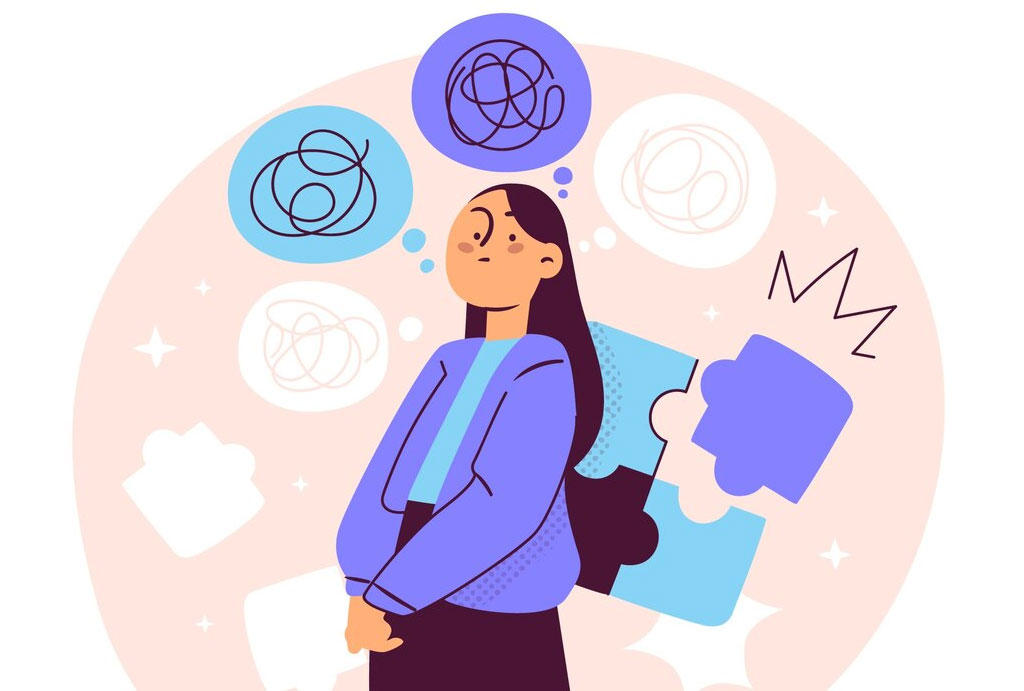
The ADHD Learning Challenge: What Research Tells Us
Attention-Deficit/Hyperactivity Disorder (ADHD) affects approximately 6.1 million children in the United States alone, according to the Centers for Disease Control and Prevention. For these students, traditional classroom settings often present significant challenges that can mask their true potential and abilities.
Research published in the Journal of Learning Disabilities shows that students with ADHD are 2.7 times more likely to experience academic difficulties compared to their neurotypical peers, despite often possessing average or above-average intelligence. The gap between ability and achievement isn’t due to a lack of potential—it’s a result of educational environments and approaches that aren’t designed for their neurological profile.
The Science Behind Personalization for ADHD Learners
A landmark 2018 study published in the Journal of Educational Psychology demonstrated that personalized learning interventions for students with ADHD resulted in a 37% improvement in task completion and a 42% increase in information retention compared to standardized approaches. This research validates what many educators and parents have observed anecdotally: students with ADHD thrive when learning is tailored to their specific needs.
Neuroscientific research helps explain why. A 2020 study in Frontiers in Human Neuroscience used functional MRI to demonstrate that students with ADHD show increased activation in attention-related brain regions when engaging with personalized, interest-driven content compared to standardized material. The researchers concluded that “personalization acts as a natural attention scaffold” for ADHD brains.
Key Elements of Effective Personalization
Research identifies several components of personalization that are particularly beneficial for students with ADHD:
1. Self-Paced Learning
A 2019 meta-analysis in the Review of Educational Research examined 26 studies of self-paced learning for students with attention challenges. The analysis found that flexible pacing resulted in an average effect size of 0.68 for academic achievement—a moderate to strong positive effect. When students can control the pace of instruction, they can align it with their fluctuating attention resources.
2. Multimodal Presentation
Research from the University of California found that students with ADHD retained 29% more information when learning materials were presented in multiple formats (visual, auditory, and interactive) compared to single-format presentation. This multimodal approach provides multiple pathways for information processing, increasing the likelihood that content will be encoded effectively.
3. Interest-Driven Content
A longitudinal study following 114 students with ADHD through middle school found that those who received personalized, interest-aligned learning experiences showed 40% better academic outcomes and significantly higher engagement metrics than the control group. As noted by the researchers, “Interest appears to temporarily normalize attention patterns in ADHD, creating windows of enhanced learning opportunity.”
4. Immediate Feedback Systems
Research published in the Journal of Computer Assisted Learning demonstrated that students with ADHD who received immediate, personalized feedback showed a 63% reduction in error rates over time compared to delayed feedback conditions. The immediacy of feedback helps bridge the delay-reward gap that often challenges students with ADHD.
Real-World Impact: Beyond the Research Lab
The translation of these research findings into educational practice shows compelling results. A three-year implementation study of personalized learning approaches for students with ADHD across 12 school districts found:
- 47% reduction in behavioral incidents
- 31% improvement in standardized test scores
- 58% increase in homework completion rates
- 65% of participants showed improved self-efficacy measures
Perhaps most importantly, a longitudinal study tracking students with ADHD from elementary through high school found that those who had access to personalized learning tools were 67% more likely to pursue post-secondary education compared to those who did not have such access.
The Technology Advantage: AI-Driven Personalization
Recent advances in educational technology have made truly personalized learning more accessible than ever. A 2022 study in NPJ Science of Learning examined AI-driven personalized learning systems for students with ADHD and found they could predict attention fluctuations with 78% accuracy and automatically adjust content delivery to optimize learning windows.
These technologies, like the ones we’ve developed at Buddy with Me, are designed to continuously learn from student interactions, becoming increasingly personalized over time. The study found that this adaptive approach led to learning gains that were 41% higher than non-adaptive systems.
Supporting the Whole Student: Beyond Academics
Importantly, personalization benefits extend beyond academic metrics. Research in the Journal of Positive Psychology found that students with ADHD who experienced personalized learning environments showed significant improvements in:
- Self-confidence (increase of 34% on standardized measures)
- School satisfaction (increase of 47%)
- Reduction in anxiety symptoms (decrease of 29%)
- Improved relationships with peers and educators (positive change in 61% of participants)
These findings align with a growing understanding that effective education for students with ADHD must address not just academic content but also emotional well-being and self-concept.
The Buddy with Me Approach: Research-Informed Personalization
At Buddy with Me, our platform integrates these research-backed principles into a comprehensive support system for students with ADHD:
- Our adaptive pacing technology responds to attention patterns in real-time
- Content is presented through multiple modalities to support different processing preferences
- Our AI monitors engagement and adjusts instruction based on individual interest patterns
- Immediate, constructive feedback is provided throughout the learning process
By building on this foundation of research, we’re creating an educational experience that doesn’t just accommodate students with ADHD—it empowers them to realize their full potential.
A Call for Educational Evolution
The research is clear: personalization isn’t just a nice-to-have feature for students with ADHD—it’s an essential approach that can transform educational outcomes and life trajectories. As we continue to advance our understanding of neurodiversity and learning, personalized educational tools will become increasingly recognized not as special accommodations, but as fundamental components of effective education for all students.
By embracing these research-backed approaches to personalization, we can create an educational system that truly supports every learner—including the millions with ADHD who have been waiting for education to catch up to their unique and valuable ways of thinking.